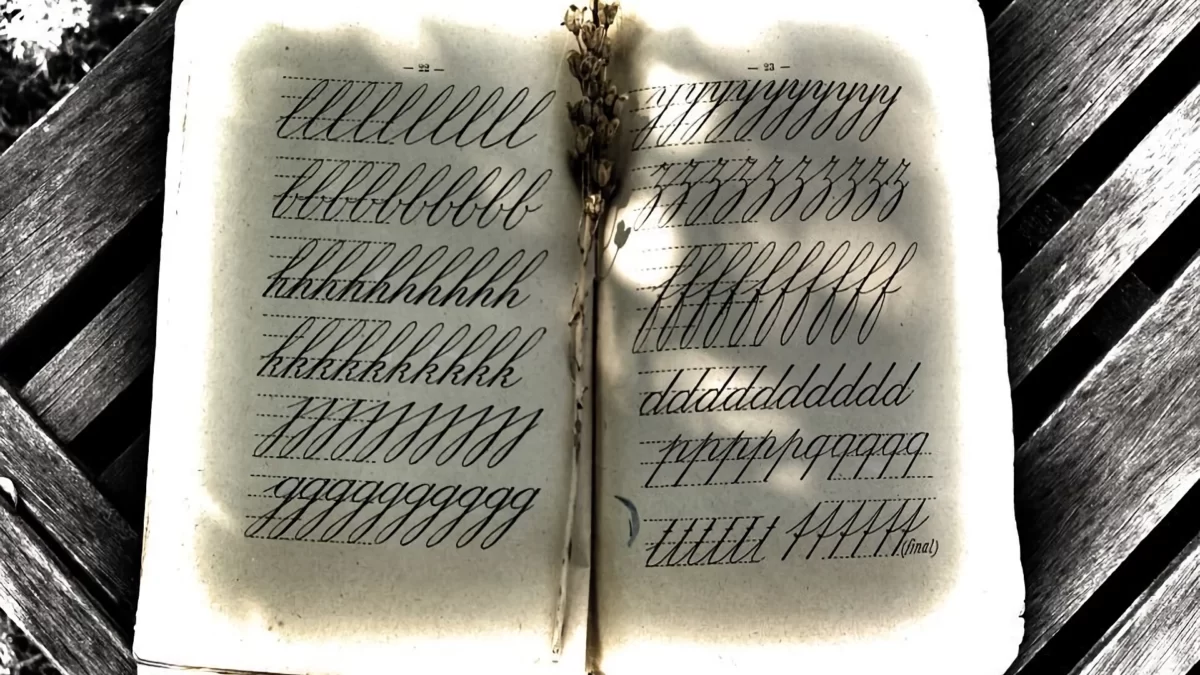The benefit of learning to write and read in cursive is brain activation, self-control, and may be a route to treating dyslexia.
There are studies that suggest the cognitive benefits of learning to write and read in cursive, specialists in education and psychology consider that this mode of writing activates the brain, separating networks and exercising more cognitive resources. It seems that writing in cursive also trains the capacity for self-control in a way that other spellings do not.
The researchers argue that it can even be a route for the treatment of dyslexia, the pedagogical analyzes indicate that children develop their calligraphic stage from 4 to 12 years of age, a time in which they exercise and learn through calligraphic execution, qualities cognitive skills that strengthen their intelligence, as well as other areas of psychosocial development.
Academic performance and writing quality
An investigation called Handwriting development, competence, and intervention, Handwriting Development, Competence, and Intervention, conducted by Katya Feder and Annette Majnemer, both from the Université de Montréal's Faculty of Psychology, demonstrates the relationship between good or bad handwriting and students' academic performance. kids.
These professionals indicate in their study that dysgraphic errors such as additions, deletions, and various mismatches predict poor performance in reading and math skills.
Writing cursive affects both school age and adulthood

This research concludes that handwriting proficiency is not only important for academic success at school age, but that it is a skill that will carry over into adulthood.
According to the study, fine motor control skills, bilateral and visual integration, motor planning, proprioception, sustained attention and sensory perception of the fingers are intertwined.
The researchers suggest that education and health professionals
And despite the fact that there are other specialists who indicate that having bad handwriting is not so serious and indicate that it is an intelligence trait, psychologists Feder and Majnemer call on health professionals and educators to appreciate the far-reaching academic consequences. and psychosocial of the bad handwriting.
Another related study, carried out at the Champagnat faculty, supports the results of this thesis, indicating that the fluidity in the expression of thought that gives the cursive letter, because it allows connecting one word with another and allows threading the ideas that one wishes to express with advance.
The practice of cursive writing allows the practice of roundness and enjoy the beauty of the strokes, in graphological studies, these features help to understand the personality of the subject.
